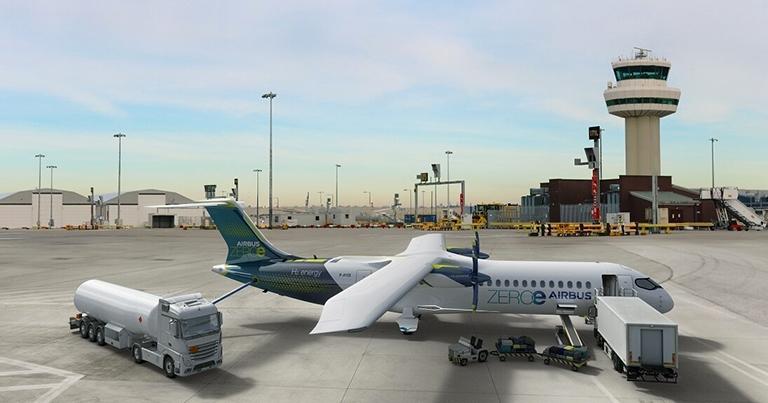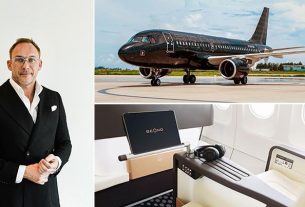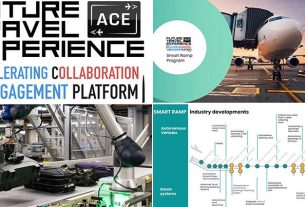Gatwick Airport, easyJet, Airbus and Air Products have formed the London Gatwick Hydrogen Hub, as they commit to supporting and accelerating the decarbonation of air transport by developing the use of hydrogen at airports.
The partners will work together to establish how infrastructure to supply hydrogen – including to fuel new types of aircraft – could be introduced across the airport in an important first step toward possible zero-carbon flights from London Gatwick.
“Alongside Sustainable Aviation Fuels, Hydrogen stands out as having real potential to help us decarbonise Scope 3 emissions at the airport, particularly for the short haul aircraft that dominate London Gatwick’s operations,” said Stewart Wingate, Chief Executive Officer, London Gatwick. “In parallel, we’ve accelerated our plans and aim to be net zero for the emissions we control – Scope 1 and 2 – ten years early, by 2030. We still have a long way to go and a lot of hard work to do, but today’s exciting partnership is an important early step toward reaching our net zero ambitions.”
Airbus launched the ‘Hydrogen Hub at Airports’ programme to jumpstart research into infrastructure requirements and low-carbon airport operations. The programme is a prerequisite to support the widespread scale-up and adoption of zero-emission hydrogen-powered aircraft, which Airbus aims to bring into commercial service from 2035.
Because early hydrogen-powered aircraft will initially focus on short to medium haul routes, London Gatwick’s position as the UK’s leading hub for these services, along with easyJet’s operational insight as a short haul carrier, makes the London Gatwick Hydrogen Hub an ideal testbed for R&D into this critical support infrastructure.
Under Airbus’ Hydrogen Hubs at Airports framework, the scope of work covers liquid hydrogen supply and storage at the airport, refuelling and ground handling of hydrogen aircraft, as well as the exploration of other, shorter-term opportunities for using hydrogen at London Gatwick.
“Our licence to operate hinges on finding better ways to fly,” said Glenn Llewellyn, Vice President ZEROe Project, Airbus. “We know hydrogen has the versatility to be an excellent fuel source for decarbonising the industry. We’ve set ambitious targets to fly on hydrogen by 2035 and this technology needs to be supported by reliable tested infrastructure. Sharing knowledge and best practice at airports will be critical for building the right hydrogen ecosystem around the world and we look forward to working with all consortium members to develop the support for the technology and end-to-end hydrogen supply chain that will power future flight.”



